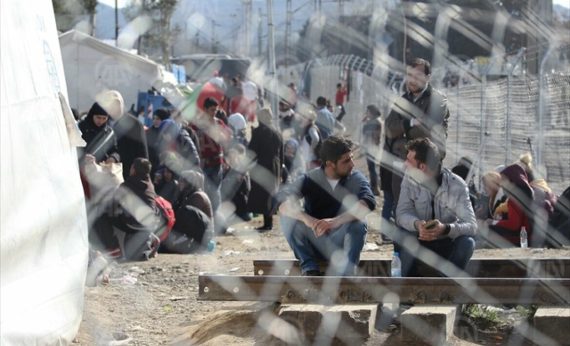The EU’s Decisions
Not all EU countries, but at least those like Germany who feel on them growing pressure from the immigrants – and from Russia, had to give their decisions. The EU institutions as well have encouraged member states to make up their minds on two essential matters. First, where to stop the immigrants? Second, how to manage the new relationship with Russia?
It is not easy for the EU to make decisions on these two critical matters, and it is especially hard to decide whether or not to have a tense relationship with Russia or a cooperative one. About the migration flows, the EU had thought to not let them come into Europe and stop them in the EU-Turkish border. So they asked Turkey to keep the immigrants in the Turkish soil whatever the price may be. About Russia, they have chosen not to deteriorate the relations further with this mighty neighbor.





